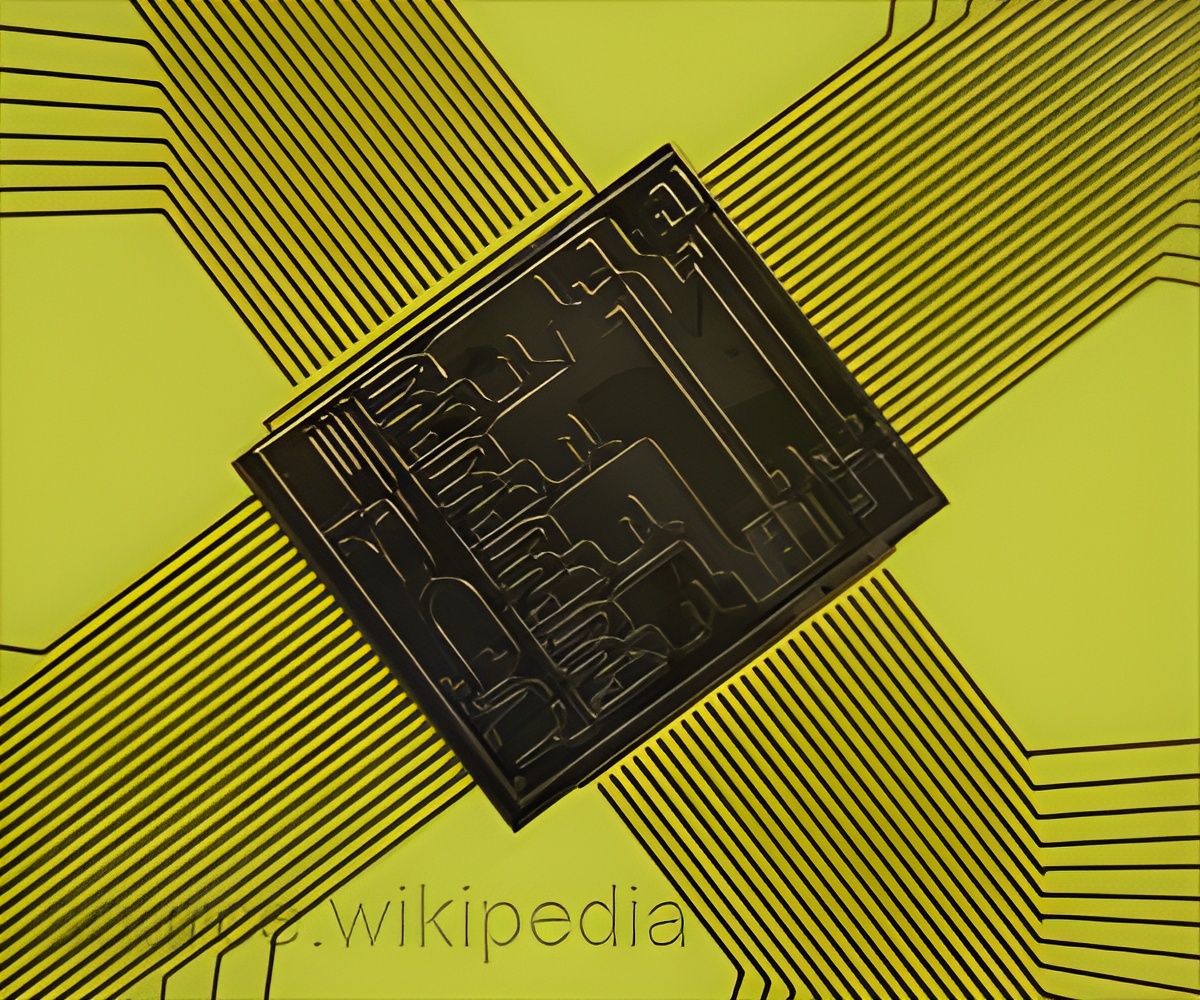Species-specific toxicity responses induced by drugs could be detected by the liver-chip, which could improve success rate of drug candidates in clinical trials.

‘Liver-Chip could be used alongside animal models in preclinical testing to improve safety predictions in humans, with the aim of better clinical trial outcomes and safer drugs.’
Read More..




Emulate, Inc., a company spun out from the Wyss Institute to commercialize the Organ Chip technology, announced a new study based on work begun at the Wyss Institute and advanced at the company with biopharmaceutical industry partners showing that its Liver-Chip model recreates species-specific toxicity responses that known tool and drug compounds induce in human, dog, and rat livers. Read More..
"This is an important milestone in the effort to improve the drug discovery and development process that was achieved by leveraging the Wyss Institute's unique translational model, which allowed us to evaluate the promise of Organ-Chips both technically and commercially early on in the development of the technology," said corresponding author Geraldine A. Hamilton, Ph.D., President and Chief Scientific Officer of Emulate, who previously worked with Wyss Institute Founding Director Donald Ingber, M.D., Ph.D. to oversee the development of the Organ Chip technology.
"We are excited to see what advances our customers will be able to achieve using this Liver-Chip, and we are grateful for the opportunity to impact the drug discovery and development process and make a difference in the lives of patients."
The Liver-Chip research team, which included scientists from AstraZeneca, Emulate, Janssen Research & Development, LLC, and the Wyss Institute, engineered a species-specific Liver-Chip with up to four different cell types found in the livers of rats, dogs, and humans to approximate the liver's smallest functional unit.
The team first exposed the Liver-Chip to FIAU, a compound known to cause liver toxicity in humans, and observed much lower and varying degrees of toxicity in the dog and rat chips than in the human chips, recreating what had been observed in previous animal studies. When the researchers tested the Liver Chip's responses to different drug candidate molecules contributed by Janssen, they saw differences in the drugs' impact on the function of human versus animal liver cells that recapitulated those seen in vivo.
Advertisement
From the benchtop to the marketplace
Advertisement
The research with the Liver-Chip demonstrates how this platform could help ensure that safe and effective therapeutics are identified sooner, and ineffective or toxic ones are rejected early in the development process.
As a result, the quality and quantity of new drugs moving successfully through the pipeline and into the clinic may be increased, regulatory decision-making could be better informed, and patient outcomes could be improved. Advancing the assessment of drug safety and efficacy is a goal shared by collaborators who were initially brought together by the Wyss Institute.
Through numerous collaborations with industry and with grant support from the Defense Advanced Research Projects Agency (DARPA), Food and Drug Administration (FDA) and National Institutes of Health (NIH), the Wyss Institute has played a central role in refining Organ Chip technology and evaluating it for market applications.
The Liver-Chip is based on technology developed in Ingber's lab and consists of a clear, flexible polymer about the size of a USB drive with parallel internal channels that are lined with living cells. The spatial arrangement of the channels and cell types more accurately recreates the tissue microenvironment of human organs in vivo, and exhibits physiological responses and disease states that are similar to those that occur in humans.
A wide variety of Organ Chips, including lung, intestine, brain, kidney, bone marrow, and liver were developed at the Wyss Institute before commercialization efforts moved to Emulate, which extended and refined the work into Organ-Chips that they commercialized and continue to develop.
Emulate is now marketing its Organ-Chips as predictive human-relevant models to investigators across the research, pharmaceutical, biotechnology, and cosmetics industries, and plans to expand their offerings into disease modeling in the future.
"This work represents a major achievement for the Organ Chip field because it shows the power of this technology to provide insight into human-relevant responses where current preclinical animal models often fail.
This needs to be evaluated and confirmed by others, but if it is, then this could change the way drugs are developed around the world and help begin to reduce the numbers of animals that are used in drug development efforts worldwide," said co-author Don Ingber, who is also the Judah Folkman Professor of Vascular Biology at Harvard Medical School and the Vascular Biology Program at Boston Children's Hospital, and Professor of Bioengineering at Harvard's John A. Paulson School of Engineering and Applied Sciences.
Source-Eurekalert







